
Norway Is the World’s First Nation to Ban Deforestation





Norway has made a groundbreaking commitment by becoming the first nation globally to ban deforestation within its supply chains. This means that the Norwegian government will refuse to award contracts to companies that engage in clear-cutting forests or contribute to deforestation. It is a bold and unprecedented step toward protecting the environment and promoting sustainable practices worldwide.
While many companies over the past few years have voluntarily stopped sourcing products linked to deforestation—such as palm oil, soy, beef, and timber—this is the first time a national government has taken such a definitive stance. Norway’s deforestation ban signals a new era where governments take on a direct role in combating forest destruction, moving beyond mere promises to enforceable policies.
The journey to this historic decision began more than five years ago at the United Nations Climate Summit in New York in 2014. There, Norway pledged alongside Germany and the United Kingdom to “promote national commitments that encourage deforestation-free supply chains, including through public procurement policies to sustainably source commodities.” Two years later, in 2016, Norway made that pledge official by declaring that its public procurement policies would henceforth exclude any companies involved in clear-cutting forests.
Pixabay
Forests play a crucial role in maintaining the Earth’s climate by absorbing carbon dioxide (CO2) and releasing oxygen through photosynthesis, earning them the nickname “the planet’s lungs.” Norway’s bold move is consistent with its long-standing history of environmental stewardship, emphasizing the protection of vital forest ecosystems around the globe.
The Importance of Forests
According to the World Wildlife Fund (WWF), forests cover approximately 31 percent of the Earth's land surface. They are indispensable to life on Earth, providing oxygen, absorbing harmful greenhouse gases, and supporting biodiversity. Deforestation is estimated to contribute nearly 15 percent of global greenhouse gas emissions, making it a major driver of climate change.
Beyond climate impacts, deforestation disrupts natural water cycles, causing changes in precipitation patterns, river flows, and increasing soil erosion. These changes can have cascading effects on agriculture, wildlife, and human communities.
Photo credit: ©Cassiano (Zapa) Zaparoli
In regions like Brazil, where forests are rapidly being destroyed and conflicts between farmers, ranchers, and wildlife escalate, iconic species like the jaguar are under immense threat. The loss of forest habitat jeopardizes countless animal species and endangers the livelihoods of 1.6 million people worldwide who depend directly on forests for food, water, medicine, clothing, and shelter. Approximately 80 percent of terrestrial animals and plants live in forests, and many cannot survive without their natural habitat.
Norway’s Long History of Environmental Aid
Despite their importance, forests have often been viewed as obstacles to development, leading to rampant deforestation. Each year, between 46,000 and 58,000 square miles of forest vanish globally—equivalent to losing about 48 football fields every single minute. The primary cause of this deforestation is agriculture. Farmers commonly clear land by slash-and-burn methods to create pastures for livestock, releasing massive amounts of CO2 into the atmosphere.
Photo credit: ©Felipe Werneck/Ibama
Between 2000 and 2011, products such as beef, palm oil, soy, and timber from countries including Argentina, Bolivia, Brazil, Indonesia, Malaysia, Papua New Guinea, and Paraguay were responsible for 40 percent of the world’s tropical deforestation and 44 percent of related carbon emissions. By halting government purchases of these commodities on a large scale, Norway is helping to slow this devastating trend.
Additionally, Norway has invested heavily in international partnerships to combat deforestation. For instance, in 2008, Norway pledged $1 billion to Brazil to protect the Amazon Rainforest, one of the most critical ecosystems on the planet. The Amazon has lost around 17 percent of its forest cover over the past 50 years. However, thanks to these investments, Brazil successfully reduced deforestation rates by 75 percent by 2015. This achievement prevented the loss of approximately 33,000 square miles of ancient rainforest and avoided the release of 3.2 billion tons of carbon dioxide—the equivalent of removing every car in the United States from the roads for an entire year.
Former United Nations Secretary-General Ban Ki-Moon lauded the Brazil-Norway partnership as “an outstanding example of the kind of international collaboration we need to ensure the future sustainability of our planet.”
Pixabay
The Urgent Need for More Action Worldwide
Despite such progress, forests worldwide remain under threat from illegal logging, poor forest management, and increasing demand for agricultural products. Norway’s bold example sets a powerful precedent, but more countries need to follow suit by adopting policies that protect forests and biodiversity at home and abroad.
In a related initiative, Norway’s parliament also urged the government to consider biodiversity protection in its investment decisions through the Government Pension Fund Global (GPFG), the largest sovereign wealth fund in the world. Although the fund has previously considered climate change impacts, biodiversity was only recently integrated into its investment strategy—signaling a more holistic approach to environmental stewardship.
Looking Ahead
If current deforestation rates continue unchecked, the world’s rainforests could disappear entirely within the next 100 years, leading to catastrophic consequences for global climate stability and biodiversity. Norway’s leadership in banning deforestation within its supply chains is a significant and hopeful step towards changing that trajectory.
By setting this bold example, Norway encourages the global community—including governments, businesses, and individuals—to rethink how they source commodities and manage natural resources. Protecting the forests means protecting our planet’s future.
Here’s to finding your true places and natural habitats,
Candy
News in the same category


Pick Your Robin

Elon Musk Urges Millions to Cancel Netflix as Boycott Gains Viral Momentum
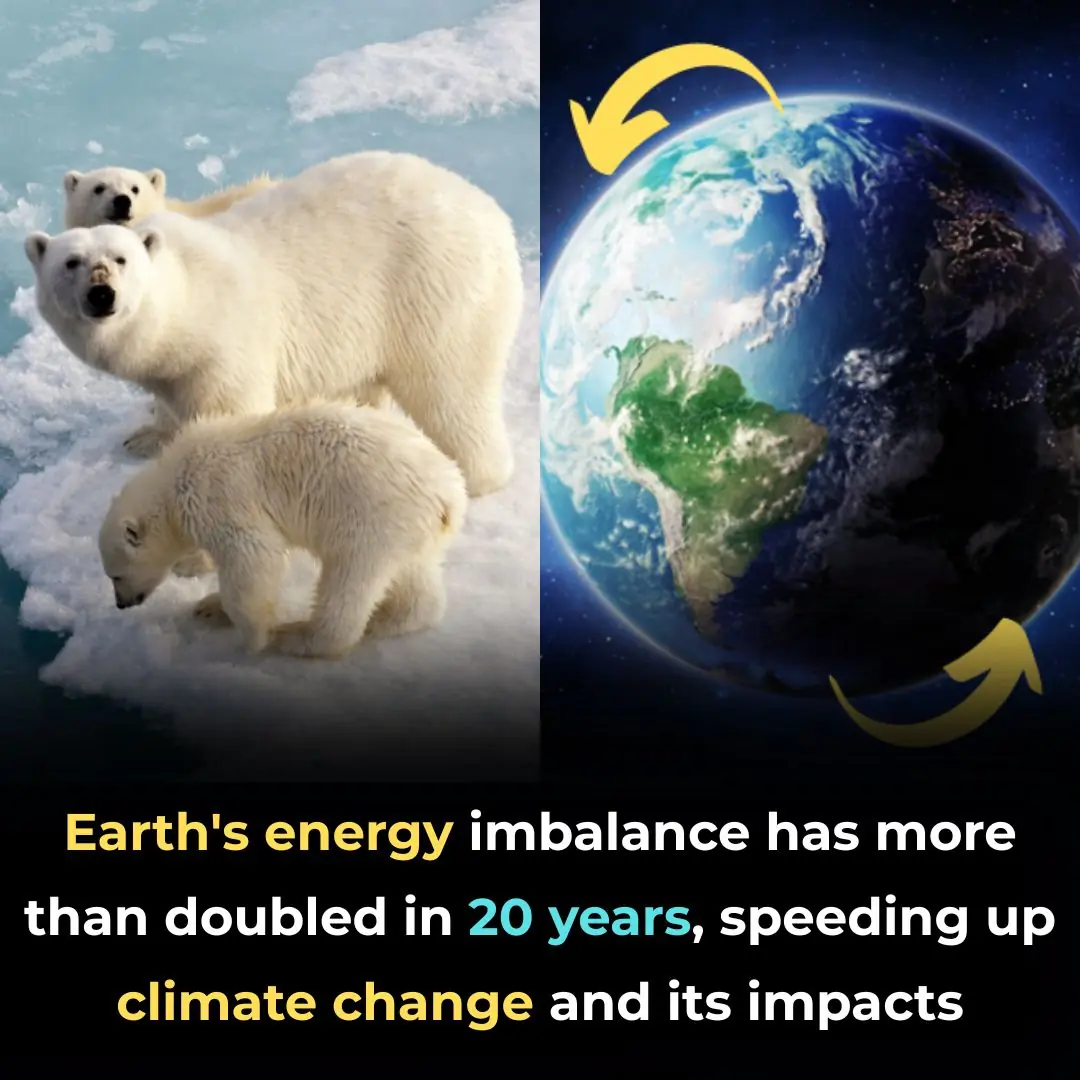
Earth’s Energy Imbalance Doubles Speeding Up Climate Change

15+ Things Women Find Unattractive in Men Over 50

Strongest solar flare of 2025 erupts from sun, sparking radio blackouts across Europe, Asia and the Middle East (video)
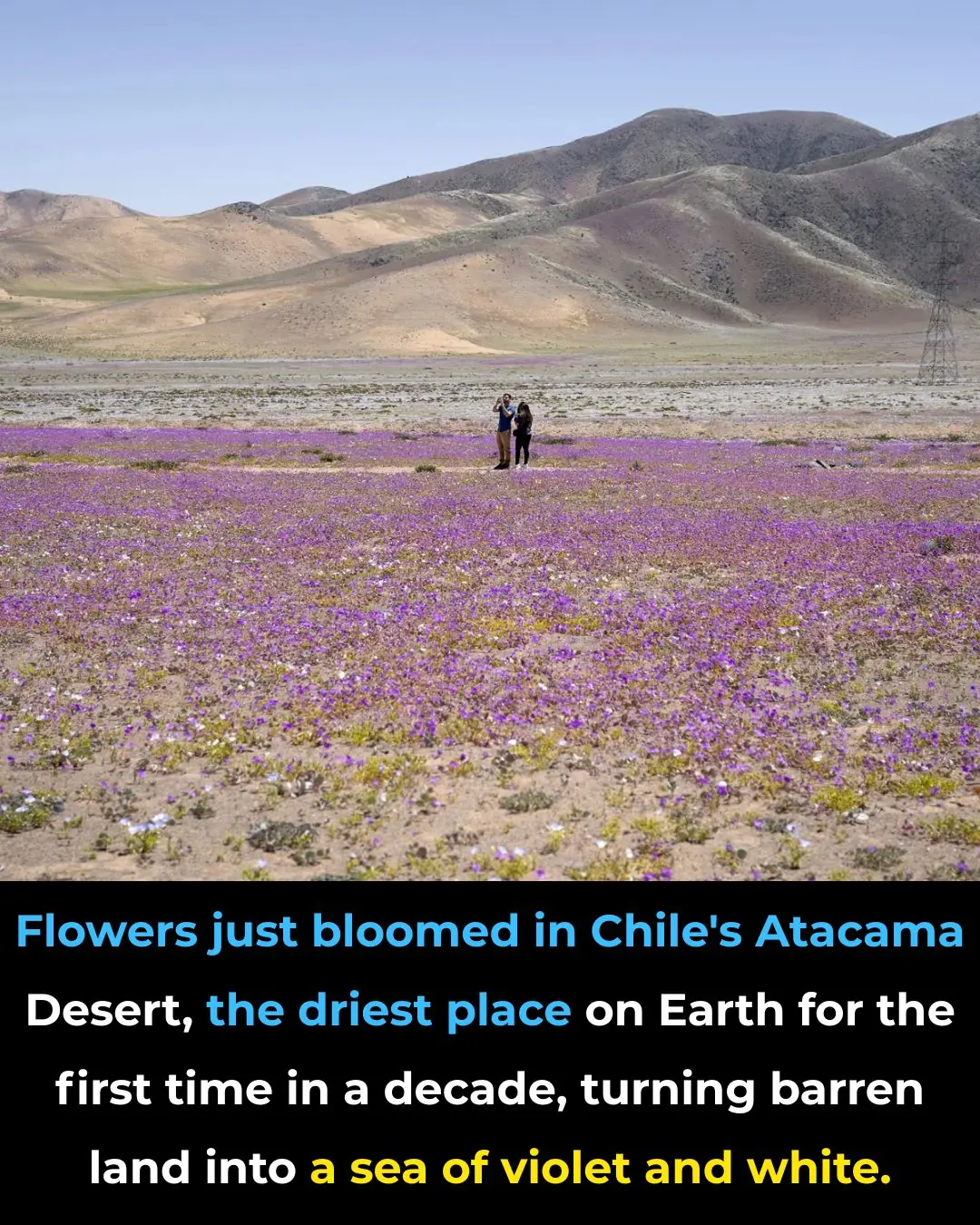
Why Driest Desert on Earth Sometimes Blooms? And What Secrets Revealed?
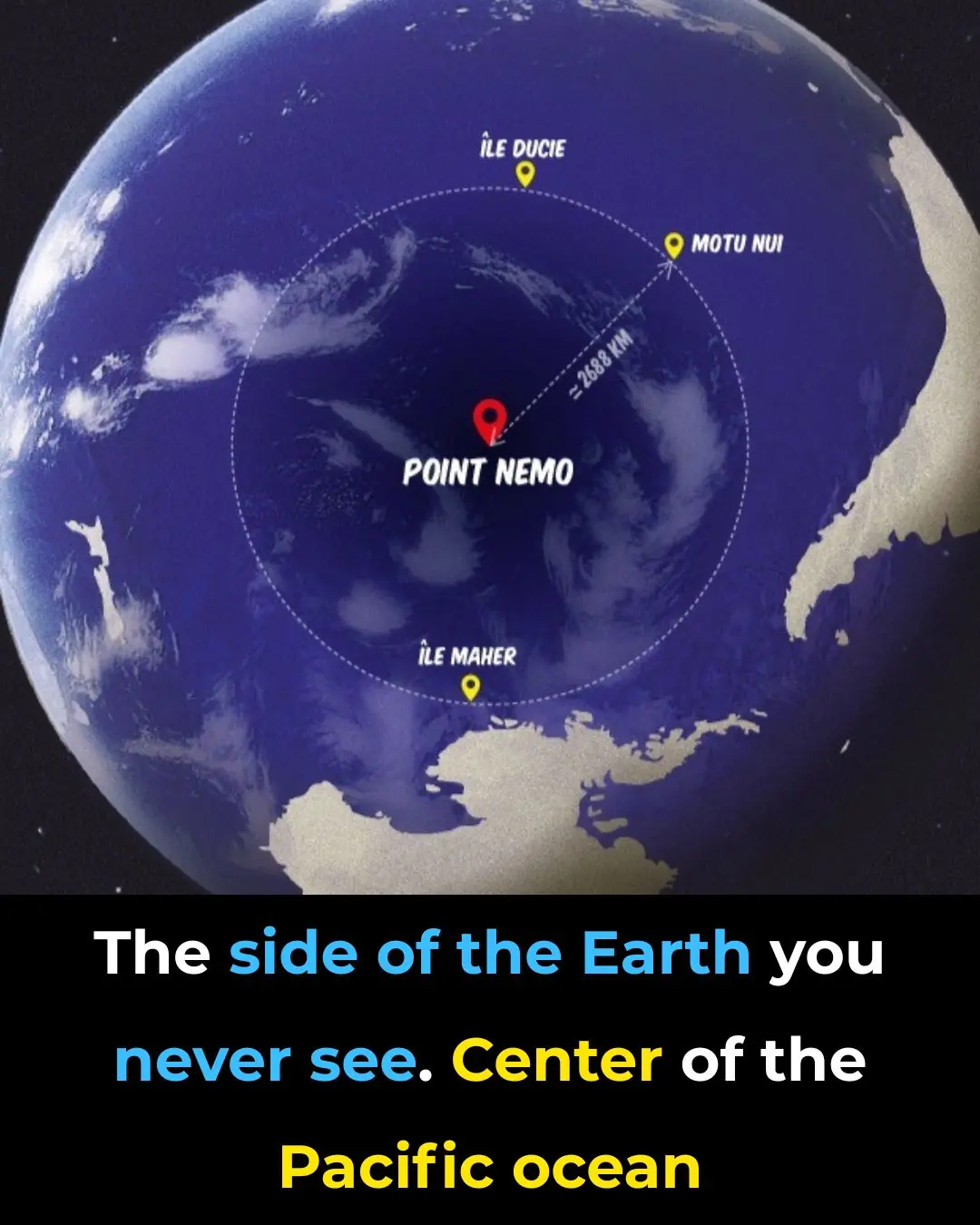
British Father and Son Become First to Swim Through Point Nemo, the Farthest Point From Land on Earth
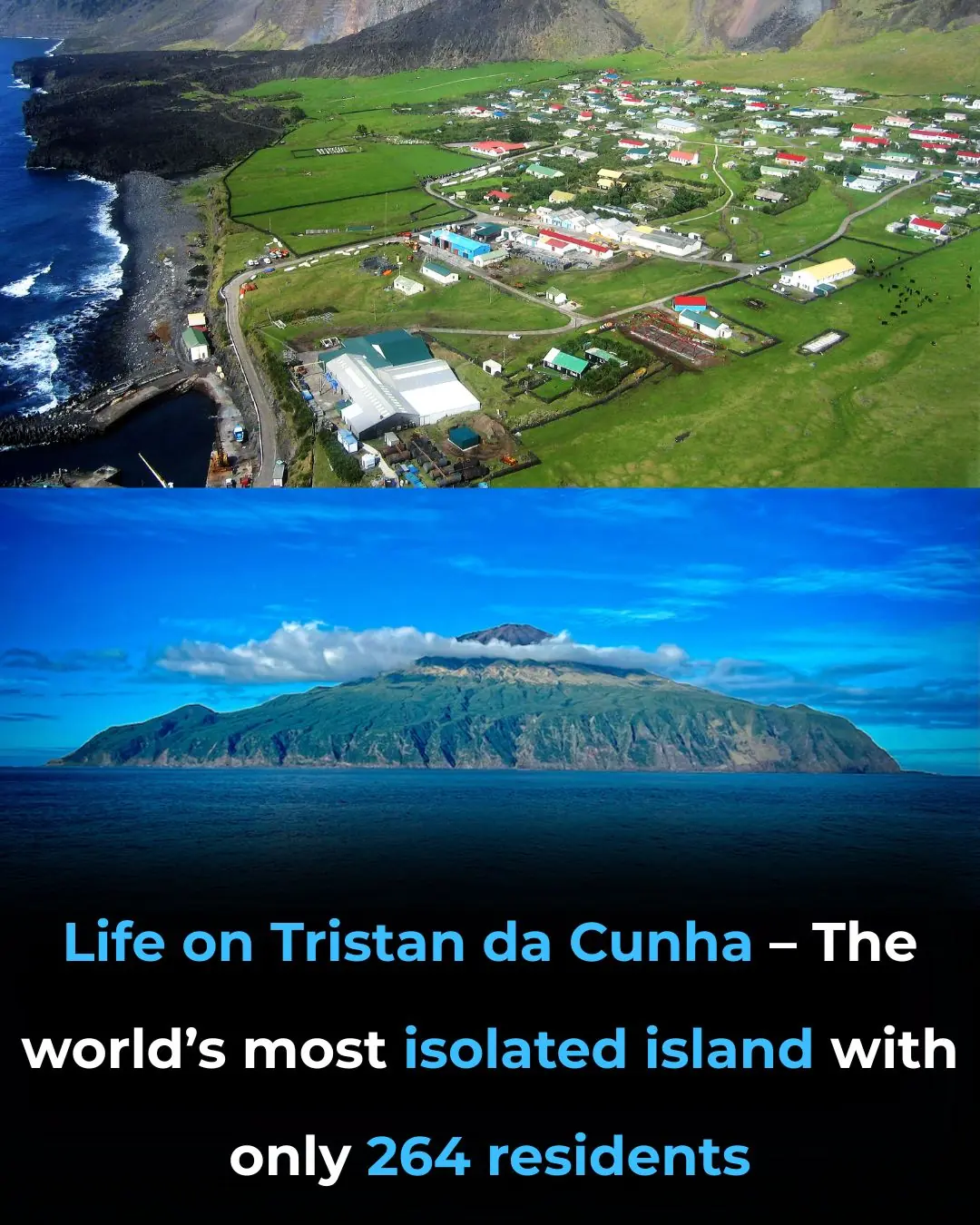
Life on Tristan da Cunha – The World’s Most Isolated Island with Only 264 Residents
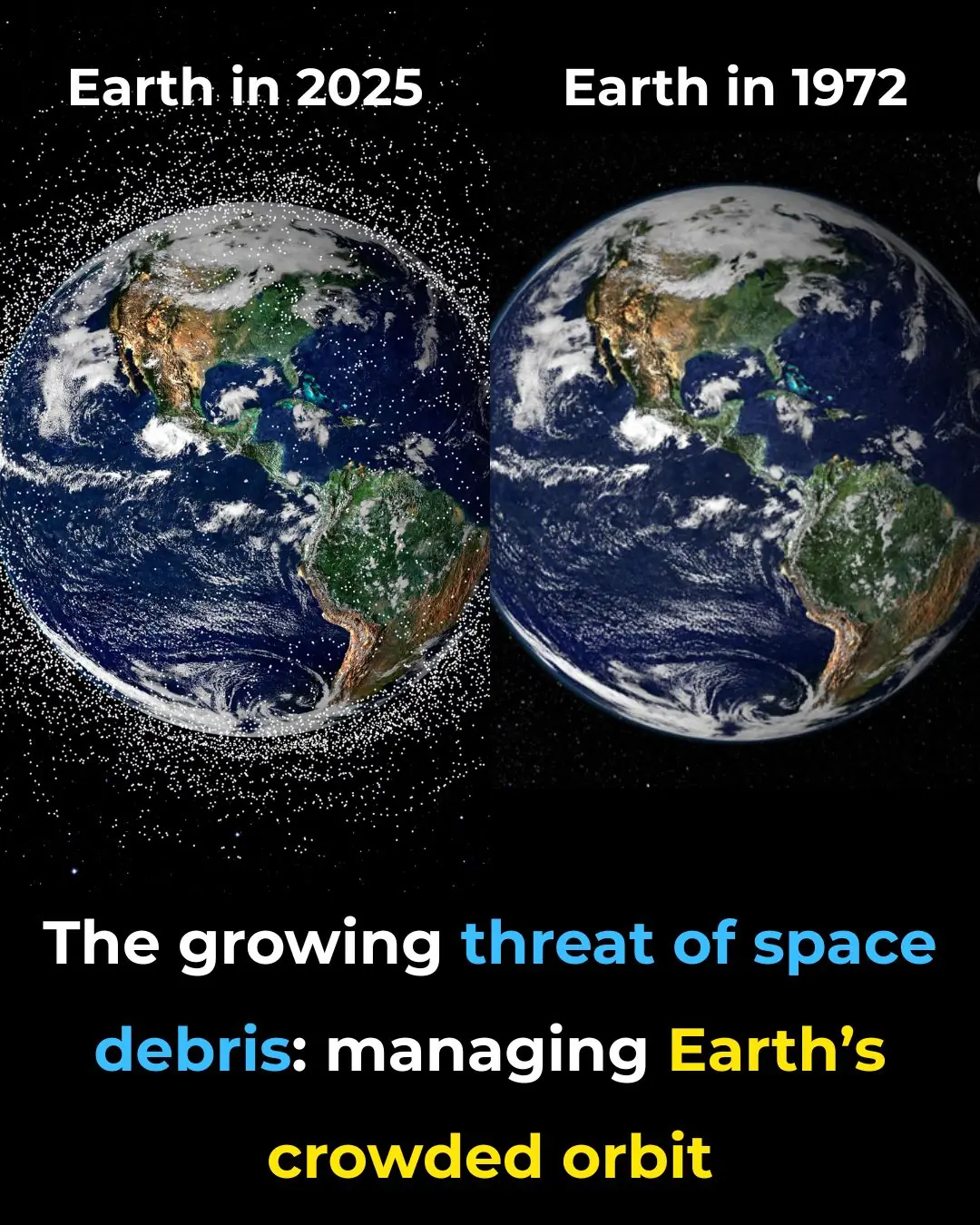
The Growing Threat of Space Debris: Managing Earth’s Crowded Orbit

Moses’ Miracle: Walk on Water at Barra Grande Beach

Scientists Find Crows Are Capable of Recursion — A Cognitive Ability Thought to Be Unique to Humans and Other Primates

If Your Ex Unblocked You, Here’s What It Means

Why Cats Leave Home and Don’t Return

Shocking change to Xbox Game Pass has many people canceling their subscription

What really happens to your iPhone's battery health when you charge to 80% instead of 100%

The World’s First Living Biocomputer: Where Brain Cells Meet Technology
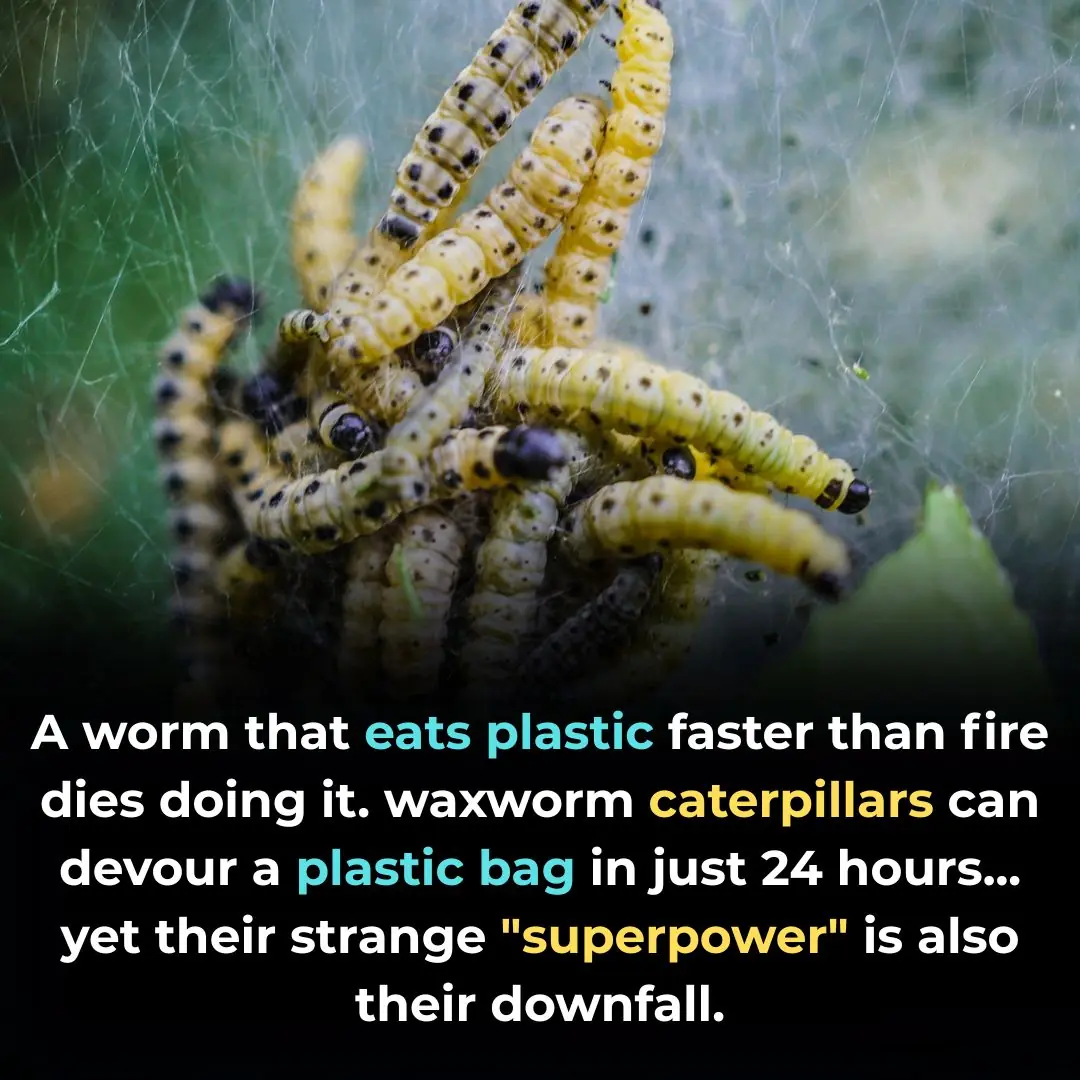
2,000 Worms vs. 1 Plastic Bag a Day: A Surprising Discovery in Canada

The moon and Saturn meet—October 5
News Post

Jennifer Hudson Champions Musical Inclusivity Amid Super Bowl Language Debate

Jennifer Hudson Cheers on Bad Bunny’s Super Bowl Swagger — and Starts Learning Spanish Herself

Charli XCX shares cryptic video after Taylor Swift’s ‘Actually Romantic’ diss

NY authorities clamp down on liquor store openings citywide as booze demand plummets
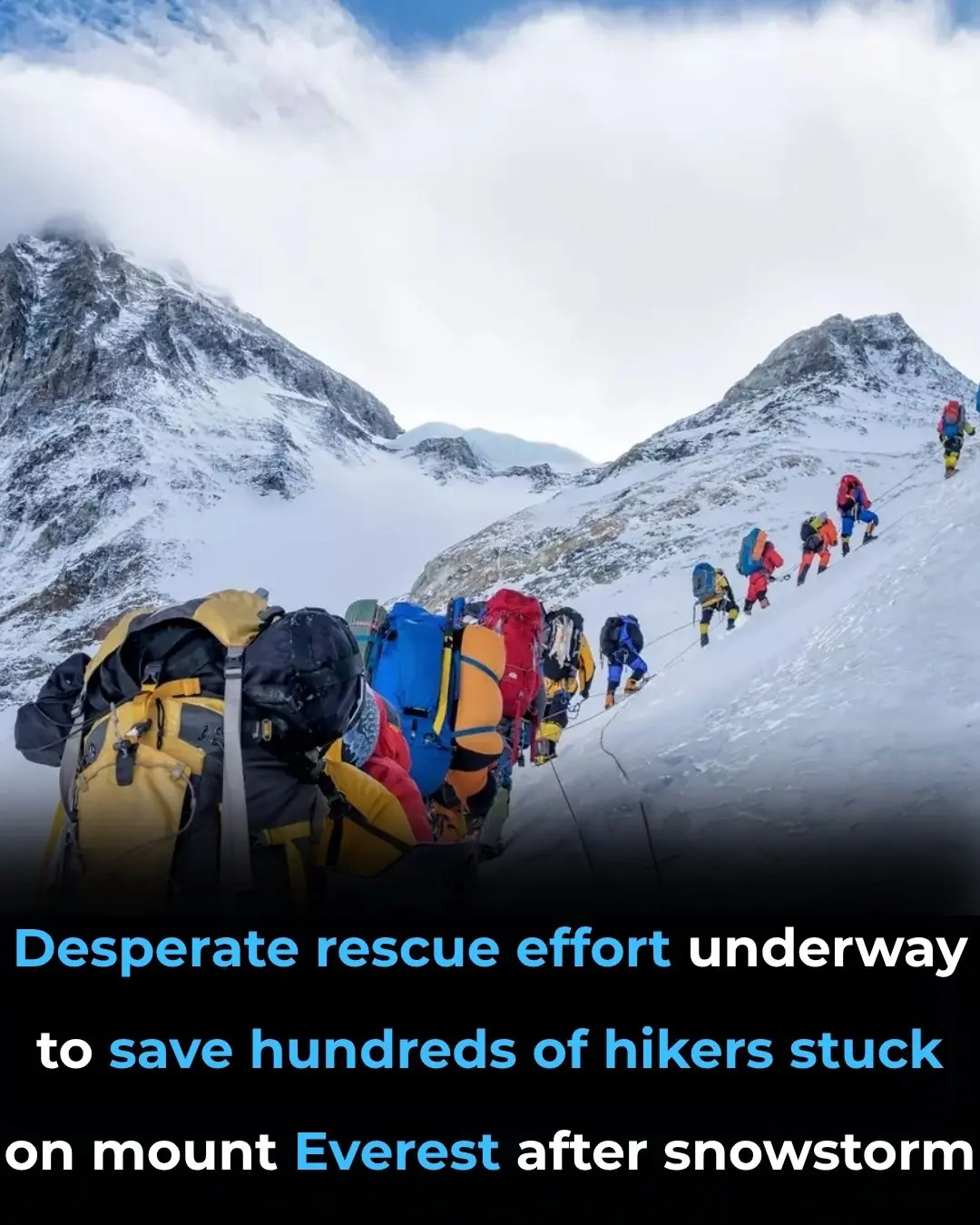
Desperate rescue effort underway to save hundreds of hikers stuck on Mount Everest after snowstorm

Six signs you may be a functioning alcoholic according to doctor

Pineapple Water: A Refreshing Drink That Supports Your Health

The Silent Threat: Recognizing Early Signs of Kidney Disease and Lifestyle Prevention

A Heartwarming Encounter: A Child’s Innocence and the Power of Love.

The Stranger Who Stopped: How One Man’s Compassion Saved a Life on a Busy Georgia Road

Baking Soda (Bicarbonate of Soda): Uses and Benefits (Science Based)

A Father’s Day Gift Like No Other: A Daughter’s Kidney, A Father’s Second Chance

Benefits of Walking: Why Walking is One of the Best Forms of Exercise 🚶♀️

Maliyah’s Fight: A Fifteen-Year-Old Cheerleader Battling Stage 4 Cancer With Courage and Faith

No Cake, No Balloons: A Firefighter’s Quiet Birthday of Purpose and Service

Orangutan Secretly Watches Over Woman During Jungle Survival Challenge

“The Stranger on a Plane: How One Man’s Kindness Gave a Mother the Gift of Rest”

A Little Fighter’s Final Victory: Remembering Bryson’s 1,027-Day Battle

A Match Made in Dog Heaven: A Toddler and Her Puppy Who Share a Special Bond
